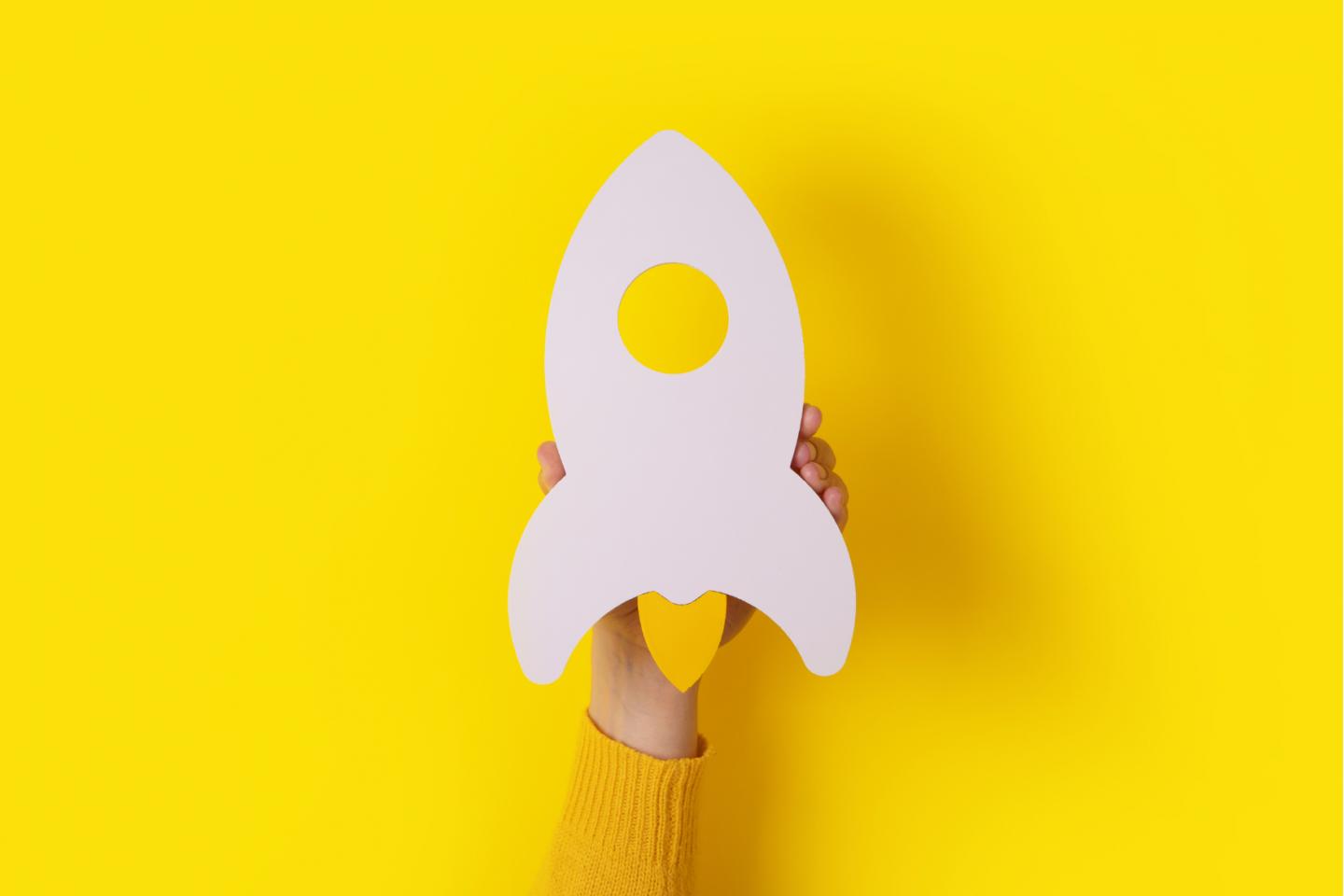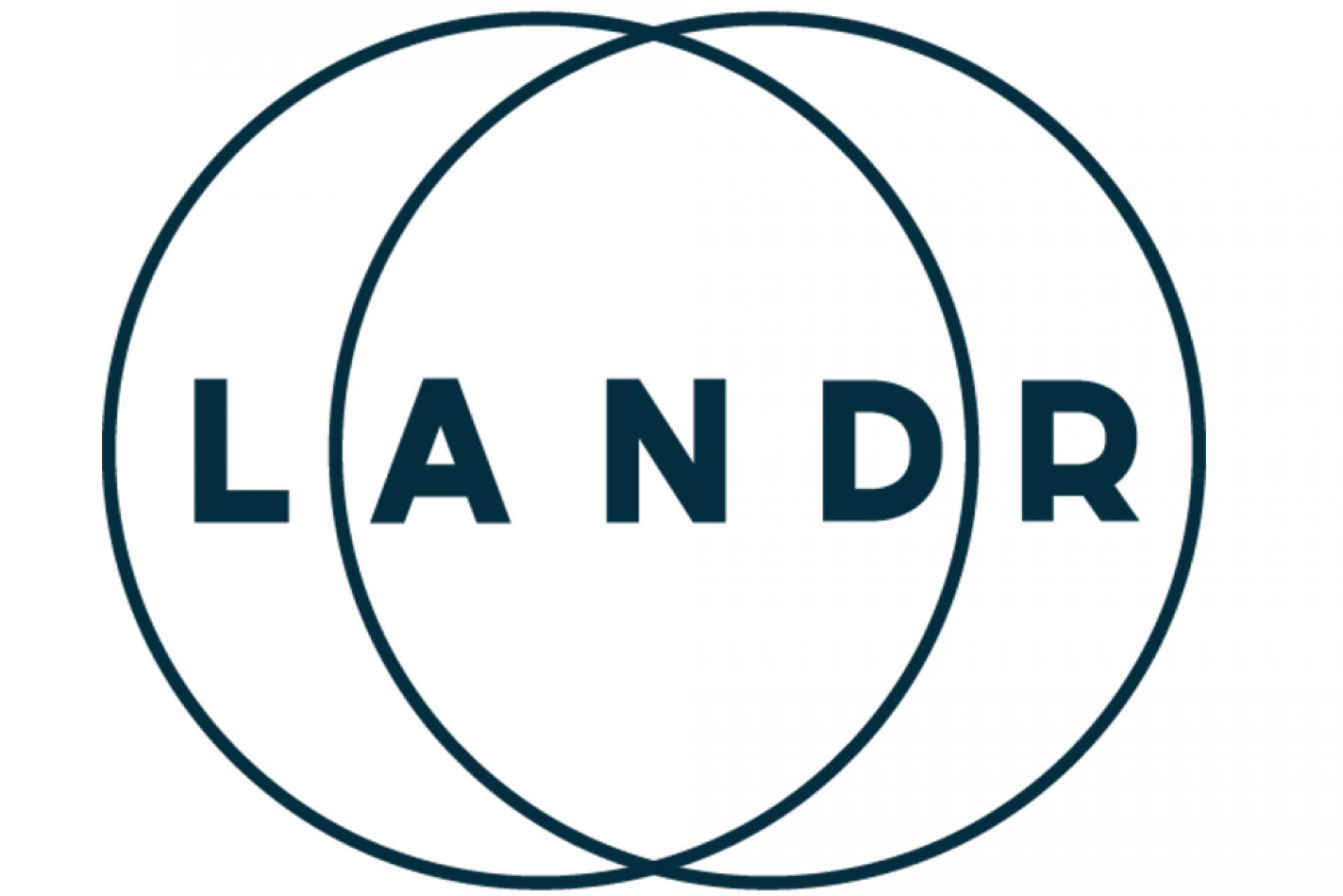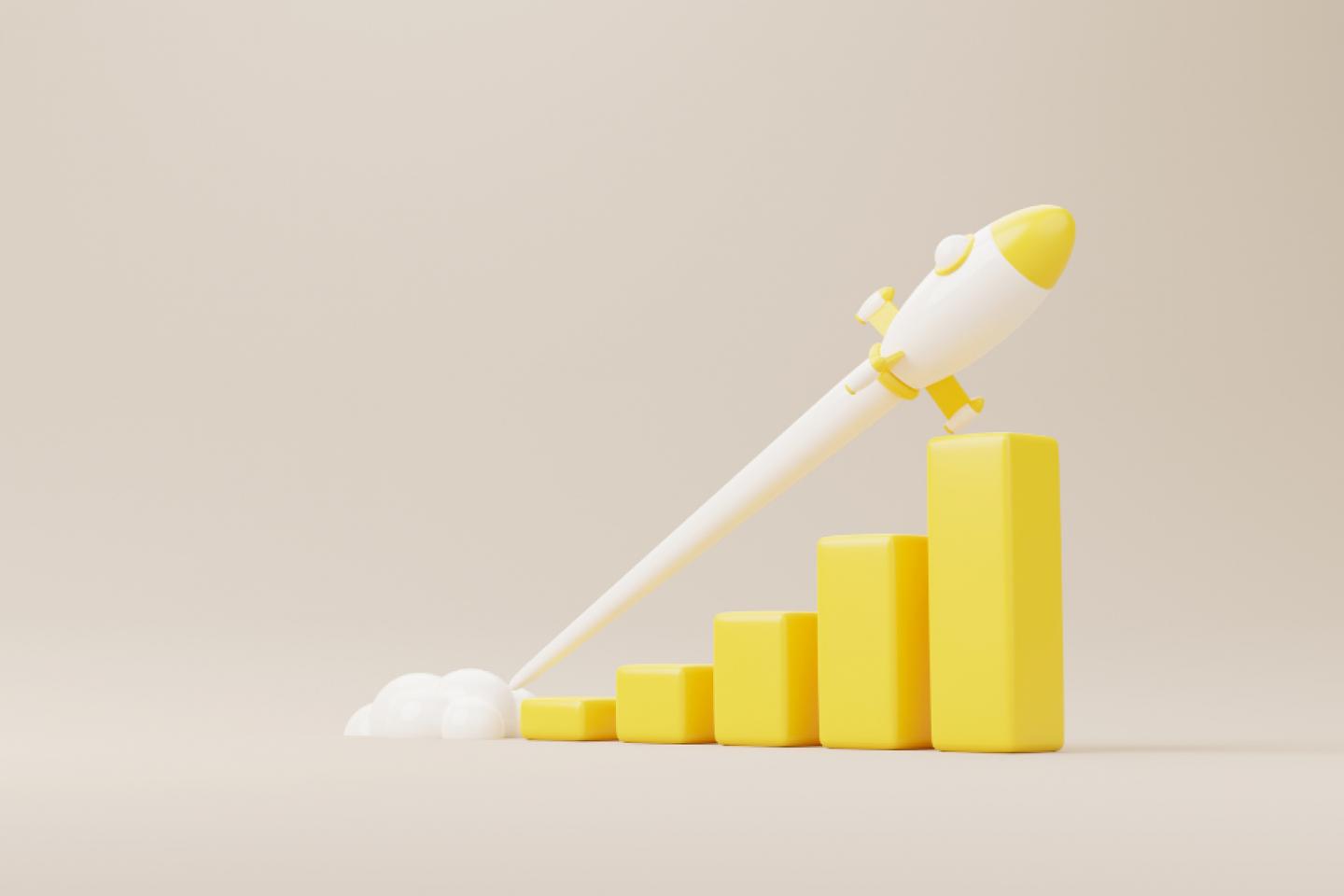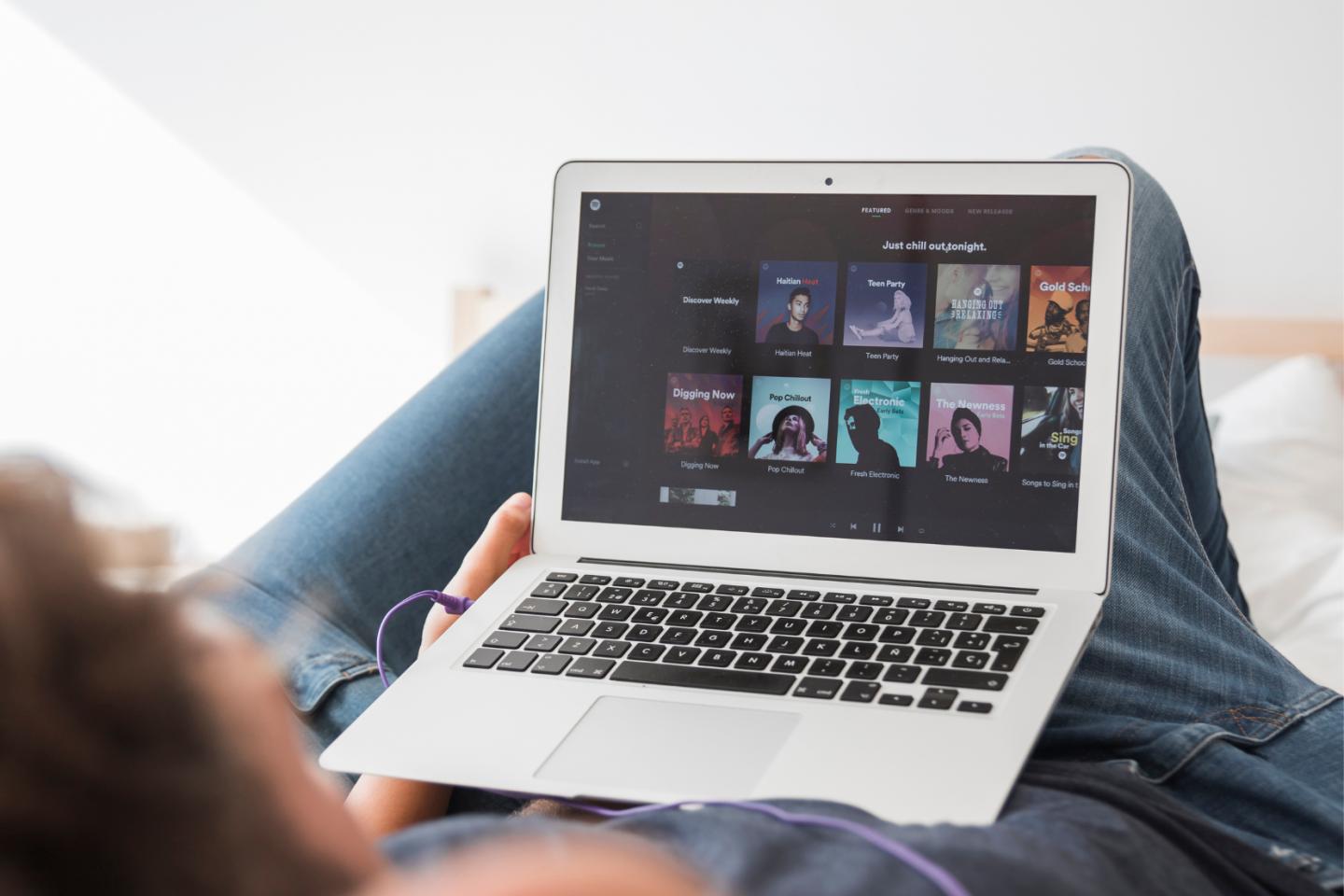
Artificial intelligence has quickly transitioned from a futuristic, abstract concept to a tool that’s impacting our everyday lives.
In simple terms, AI solves problems by collecting data points, analysing them, and learning from them. This process can help to create innovative solutions that tackle challenging tasks - tasks that might previously have seemed impossible.
AI is already being utilised at scale in several different industries, from helping financial brands with rapid fraud detection to optimising logistics for shipping companies.
But artificial intelligence can also be found much closer to home. AI tools like Siri and Alexa are used daily by millions around the world and can be carried around in your pocket.
However, AI is also making huge strides in a space that many might not have anticipated - the music industry.
Artificial intelligence is proving to be hugely valuable for artists, producers, and streaming platforms. And AI isn’t just helping the music industry through smart automation - it’s also contributing directly to the creative process.
Let’s take a look at how advanced AI solutions are helping the music industry to engage listeners, distribute content, and even broaden creative horizons.
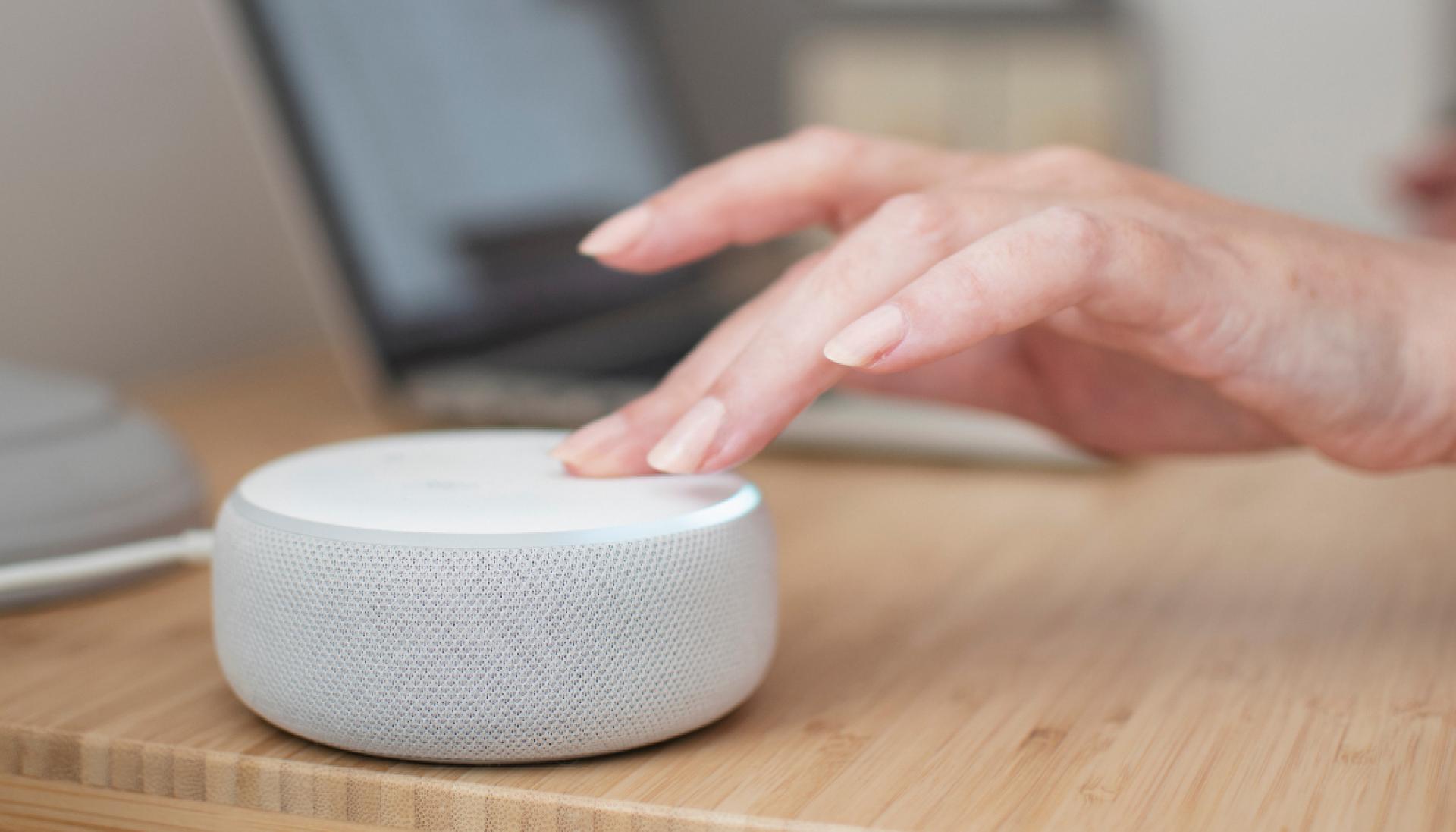
A brief history of AI in the music industry
The use of computer technology in the music industry goes back a lot further than you might think.
In 1951, code-breaking genius Alan Turing recorded several computer-generated melodies on a huge contraption in a computing machine laboratory. These melodies were straightforward, but the process of producing them was groundbreaking.
Although this was a rudimentary form of computerised music production, it proves that the link between technology and musical creativity was established very early on.
If we fast forward to the early 2000s, we see more and more businesses starting to explore the potential of technology (and artificial intelligence) in the music industry. In 2002, Sony CSL released the ‘Continuator’, a new algorithm that could play alongside a live musician, learn songs to perform independently, and even compose in real-time.
Since then, AI technology has only continued to evolve.
The scale of the music industry is now forcing companies to adapt and utilise AI to keep up with demand - for example, 60,000 new tracks are uploaded to Spotify every day, which is almost one track every second.
For streaming platforms to manage this colossal amount of data, machine learning is a must.
A McKinsey study in 2018 predicted that “70% of companies will have adopted at least one AI technology by 2030.” The adoption of artificial intelligence is growing steadily every year, and the music industry is certainly no exception.
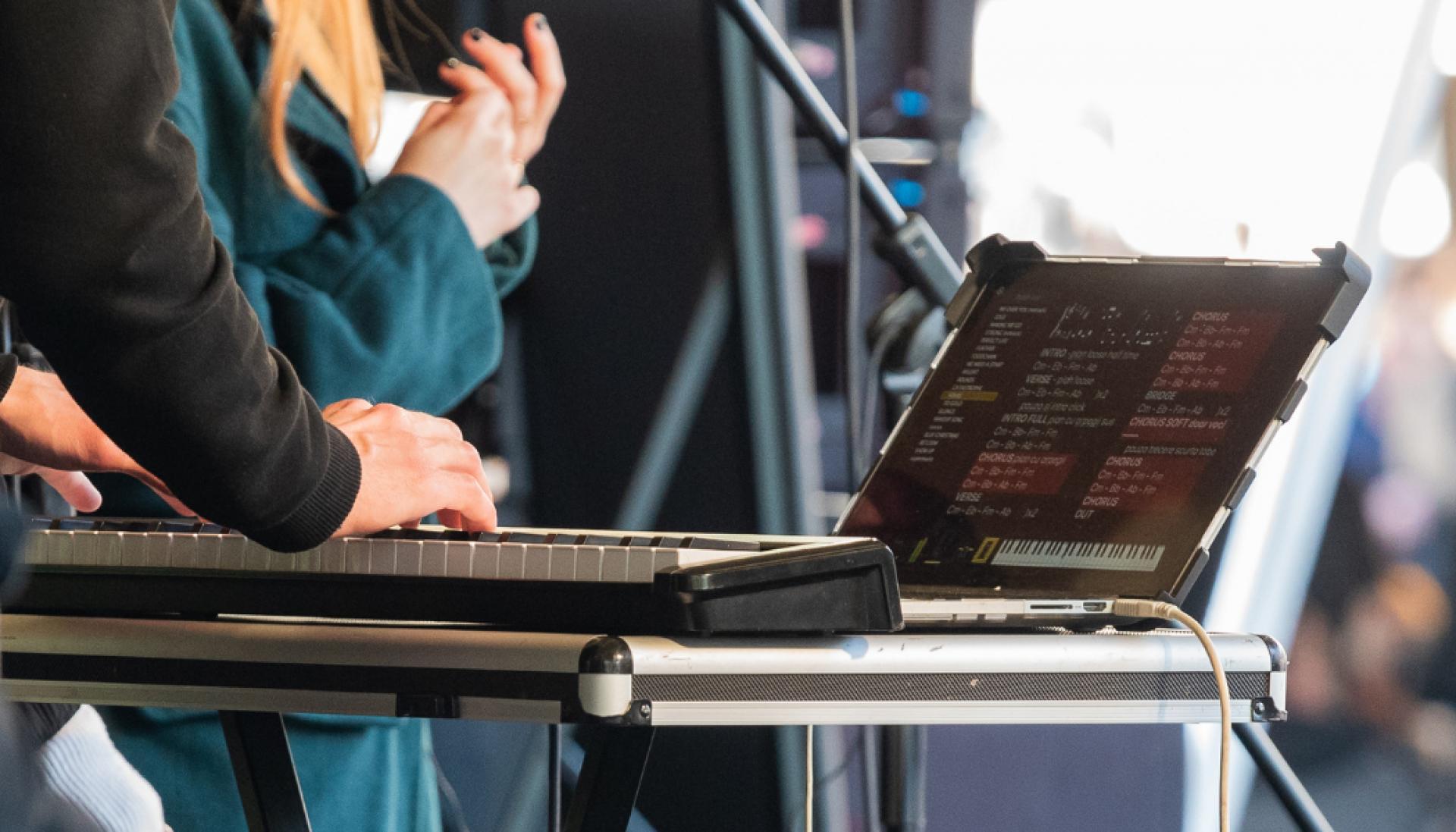
How does AI help to create music?
Artificial intelligence and music creation might previously have seemed incompatible, but the machine learning capabilities of AI can actually help to enhance the creative process.
So how can AI contribute to music production?
Through a process known as ‘reinforcement learning’ artificial intelligence can analyse data from a huge number of different musical compositions. The AI can then learn characteristics and patterns that define certain genres and use these insights to compose new musical numbers.
This concept might still seem a little far-fetched to some people, but it’s very real. Like any form of art, music is created with different building blocks - notes, hooks, melodies and harmonies. With enough data, AI can recognise these building blocks and replicate them.
Plus, artificial intelligence has already enjoyed some tremendous success in music production.
In 2016 IBM’s supercomputer Watson collaborated with musician Alex Da Kid to compose a song called ‘Not Easy’. Watson collated massive amounts of data from social media to paint a picture of cultural trends, popular conversation topics, and audience perspectives.
This data was then used to create a track which would resonate with listeners, and the process worked - ‘Not Easy’ spent six weeks on Billboard’s Top 40, peaking at number 34.
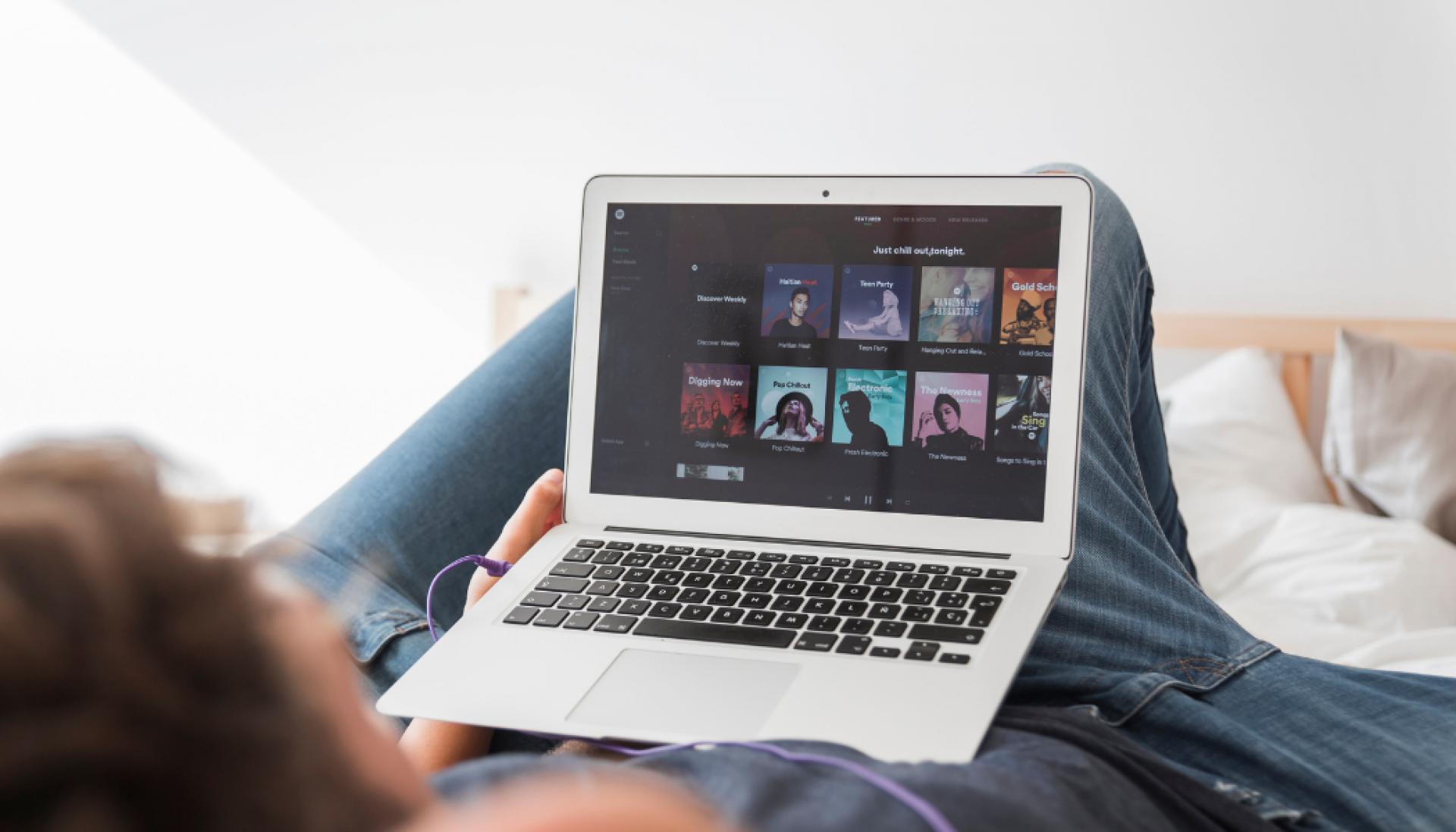
How will AI affect musicians?
One of the biggest changes that AI is driving in the music industry is the need for musicians to balance creativity with technical knowledge.
If musicians and creatives want to maximise the potential of machine learning, they’ll need to get to grips with AI technology and tech platforms. This may be a big change for established artists, but newer generations of musicians will be far more comfortable with the use of AI.
However, AI is also accelerating change in other areas of the music industry, and proving that it can offer massive benefits to artists, producers, labels and platforms.
For instance, it’s never been easier for listeners to discover new artists who align with their tastes. Although the amount of content available to modern audiences is mind-boggling, AI is helping users to instantly find new musicians and explore different catalogues.
Spotify’s Discover Weekly, for example, provides millions of users with weekly song recommendations that are automatically tailored to their listening habits.
AI is also helping A&R teams to identify new stars and promising artists. In 2020, Warner Music Group acquired a start-up that uses machine learning to collate social media and streaming data to find rising talent. In 2018, Apple acquired a music analytics start-up called Asaii to support its A&R efforts.
Musicians can also take advantage of AI tools to refine and improve their songs. This is particularly useful for up-and-coming artists, who no longer need the help of huge labels or studios to create professional recordings.
Who are some of the major AI players in the music industry?
Let’s take a look at some of the tech brands and AI platforms that are making big waves in the music industry.
LANDR
Founded in 2014, LANDR is a multi-faceted creative platform that allows musicians to produce, edit, and distribute their music online.
The platform’s software uses artificial intelligence to automatically master tracks to a professional standard. This is incredibly useful, particularly for aspiring artists who can produce high-quality records while also saving time and money.
Plus, LANDR also enables artists to distribute their tracks through major streaming platforms without paying the significant costs associated with a professional studio.
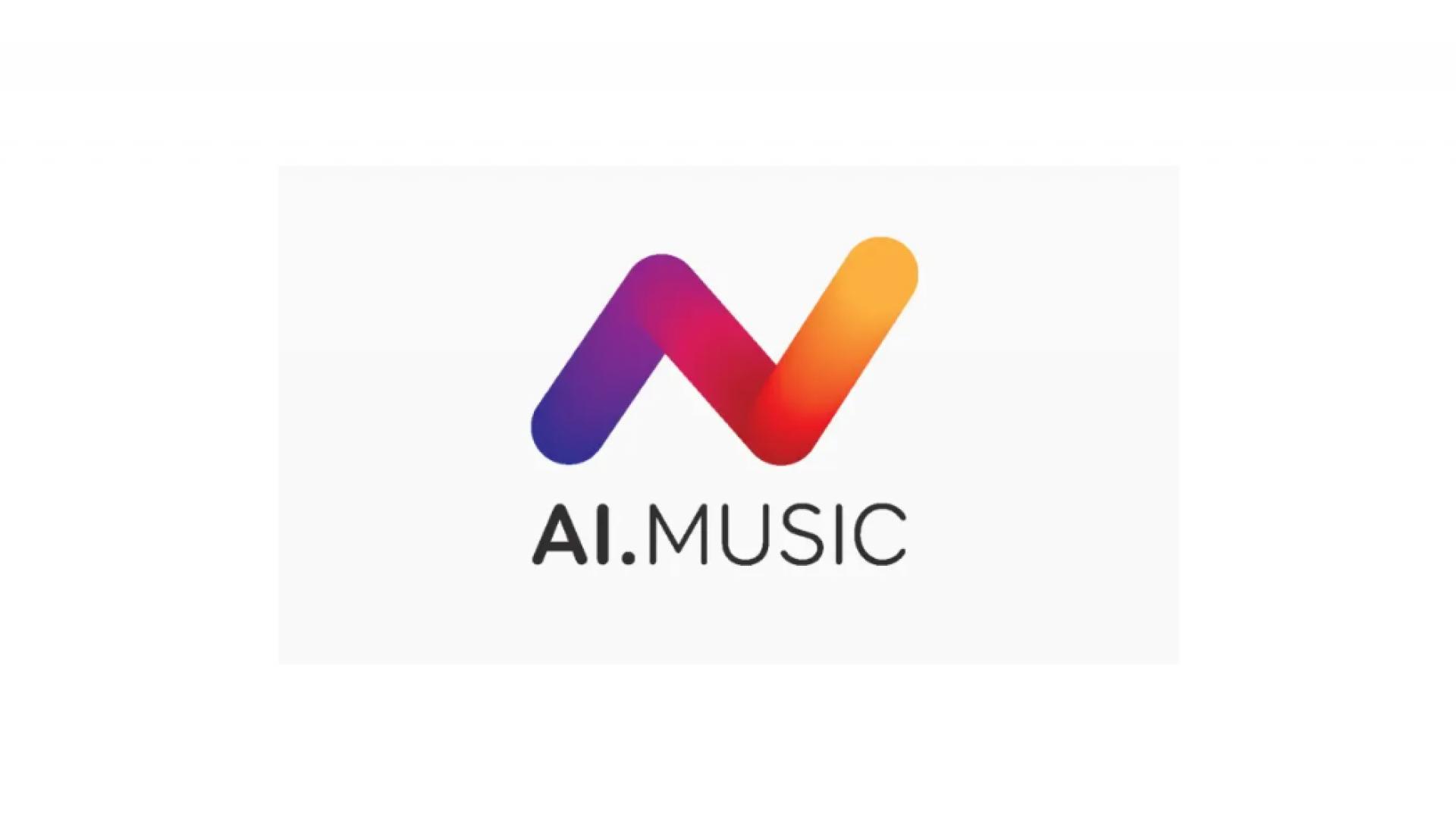
AI Music
AI Music provides users with access to an ‘intelligent music library’ - a catalogue of AI-generated soundtracks that can be personalised for different audiences.
This idea of dynamic audio has enormous potential. Content creators, for example, could instantly produce a video soundtrack to fit a certain topic. Music could be tailored to gym workouts depending on intensity, or used in video games to adapt to different environments.
In fact, the potential for AI Music is so vast that the business was recently acquired by Apple, presumably to bolster its music offering and global streaming services.
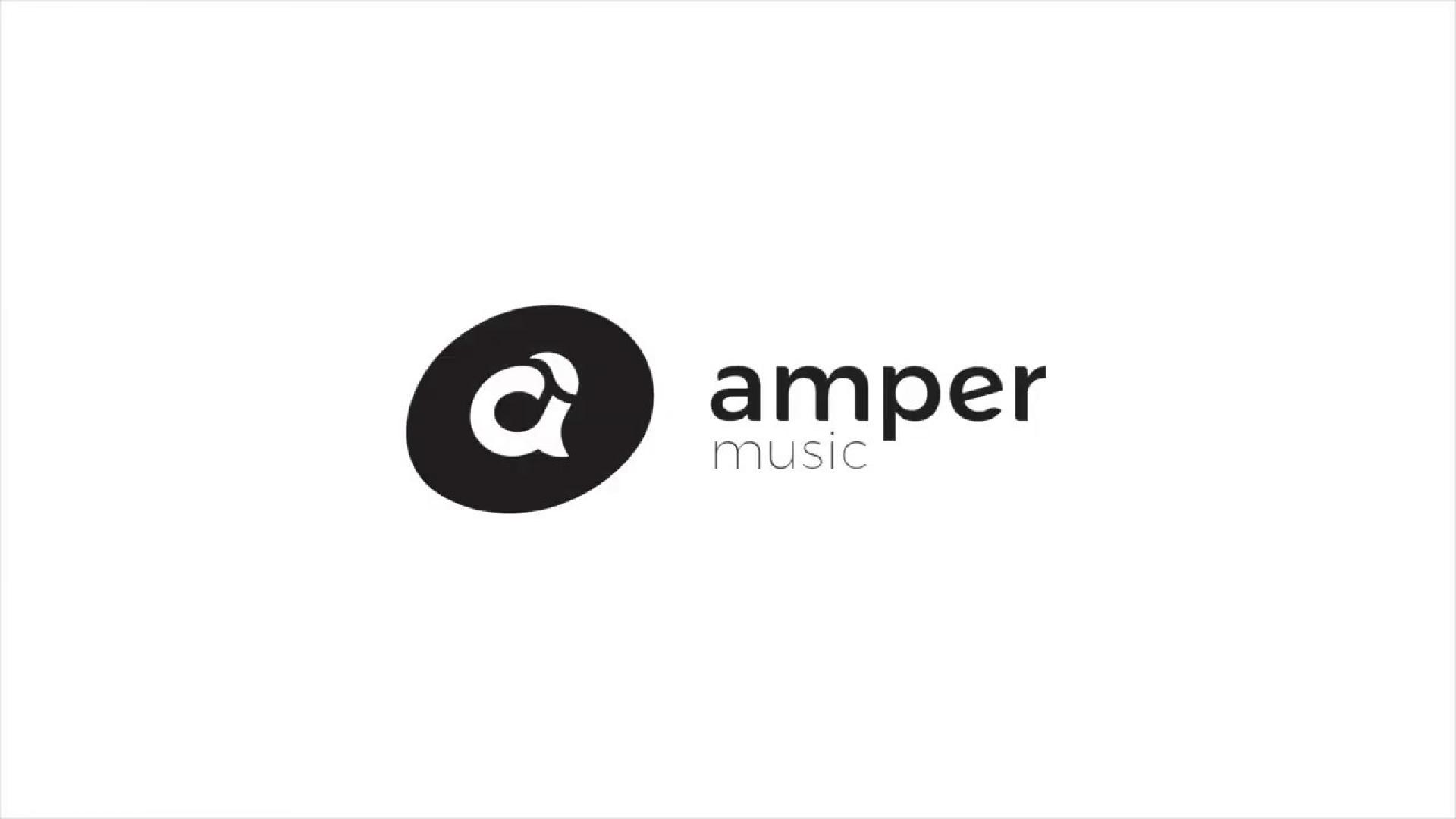
Amper Music
Amper Music uses an intuitive AI platform to make music production more accessible than ever.
All users need to do is input some basic information about the audio they’d like to produce - for example, the genre, theme, and desired length. After that, Amper Music’s AI tool handles the rest, creating a brand new composition that’s fully bespoke.
The idea behind Amper Music is brilliantly simple and can be used in many different ways. For example, video creators can instantly access royalty-free music for their content, while podcasters can produce their very own theme songs.
The big question for the music industry is no longer “could AI start to play a role in music?” - the question is now “how will I start to take advantage of AI?”
Artists, producers and brands willing to embrace AI will be more successful than those resisting it. After all, artificial intelligence isn’t likely to replace creatives anytime soon, but it can certainly be a powerful tool for ambitious artists.
From supporting artist discovery to streamlining the production process, AI is bringing a whole host of exciting opportunities to the industry. As more and more companies pioneer new AI solutions, these opportunities will only multiply, and we can’t wait to see what the future holds!
If you would like to discuss your hiring plans for the coming months, or in need of a new role within the music industry, please feel free to get in touch at [email protected]
